iQiyi's Short Film Surge: A Wake-Up Call Amidst Market Pressures
![]() 09/30 2024
09/30 2024
![]() 564
564

Facing a content crisis and a lack of hit long-form videos that had led to a decline in performance, iQiyi turned to the short film market in search of new growth opportunities.
Original Content @ New Entropy
iQiyi has been active recently.
On September 25, iQiyi held its 2024 Autumn Joyful Sharing Event in Shanghai, where it officially announced the launch of its exclusive VIP member “Short Film Theater” and “Micro Theater” sections, along with the release of over 300 new titles for 2024-2025.
This year, iQiyi has seen a sharp decline in hit long-form videos, resulting in a drop in revenue. Financial reports show that iQiyi's revenue in the second quarter of 2024 was 7.4 billion yuan, down 5% year-on-year, with an adjusted net profit attributable to shareholders of 247 million yuan, a decrease of over 50% from the 595 million yuan recorded in the same period last year.
Faced with this dire situation, iQiyi naturally needs to find new growth drivers to support a rebound in performance in the short term. Short films have emerged as the most viable lifeline for iQiyi at present. According to the "2023-2024 China Micro-Short Film Market Research Report" released by iiMedia Research, the size of China's online micro-short film market reached nearly 37.4 billion yuan in 2023, an increase of nearly 268% year-on-year, and is expected to exceed 50 billion yuan in 2024 and 100 billion yuan by 2027.
However, short films have long been at the bottom of the pecking order among different genres. Now, iQiyi, which has prided itself on content quality, is reaching out to short films, which it once dismissed, in order to survive. This marks a significant departure from its previous stance.

A Turnaround in Pursuit of Content Expansion
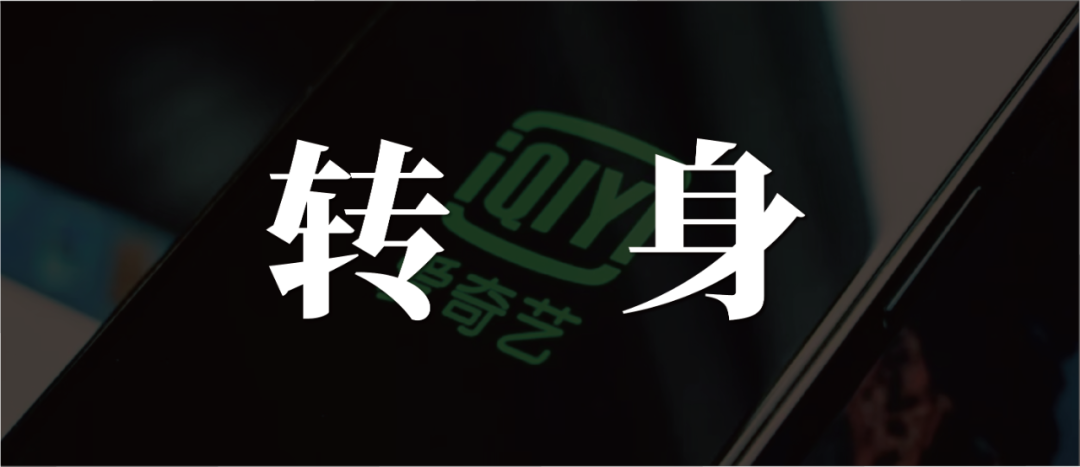
A year ago, iQiyi never imagined it would venture into the world of short films.
In 2023, iQiyi produced a string of hit dramas, from the blockbuster "The Storm" with over 10.21 billion effective plays across the network, to "Long Wind Across the River," "Lotus Pavilion," "Ning'an Like a Dream," and "One Thought, One Pass." Supported by these hit contents, iQiyi achieved a total revenue of 31.9 billion yuan for the year, an increase of 10% year-on-year. Its annual operating profit was 3.6 billion yuan, up 68% year-on-year, both setting new records for the company.
At the height of its success, iQiyi's founder and CEO Gong Yu confidently stated that the platform would only serve as a traffic hub for micro-short films and would not enter the production and broadcasting of such content. The implication was clear: from a content quality perspective, iQiyi had a clear advantage over short films, and the low-quality traffic generated by such content was not of interest to the platform.
However, in 2024, iQiyi had only two dramas with over 10,000 heat ratings, and its content could no longer support its revenue. Gong Yu was understandably concerned. Even more pressing for iQiyi was the fact that by 2023, the paid micro-short film market had reached 37.4 billion yuan, an increase of 268% year-on-year, while the average number of episodes for licensed TV dramas in the same year was only 29.7.
Amid the huge appeal of the short film market, short video platforms like Douyin and Kuaishou have reaped significant benefits. As of July this year, Kuaishou had 300 million daily active users for its short films, with approximately 140 million users watching more than 10 episodes per day, an increase of 55.3% year-on-year. Douyin's paid short film users have increased tenfold year-on-year, with paid amounts up fivefold. Moreover, iQiyi's long-form video competitors have also begun frequent layouts earlier, with Youku having a short film channel, Tencent Video having a "Ten-Minute Theater," and Mango TV having a mature "Damang Short Film" brand.
In contrast, iQiyi has nothing in terms of short film production and broadcasting. Furthermore, a trend that iQiyi cannot ignore is the narrowing of its future market. Data shows that the average number of episodes in the TV drama industry has been gradually decreasing since peaking in 2016. Even after the success of iQiyi's "Mist Theater" in 2020, which focused on short dramas, it was only through subverting the production, narration, and distribution models of long-form dramas that this success was achieved. In the same year, short film formats with episode durations of 1-3 minutes, 2-5 minutes, and 10-20 minutes, and episode counts of 5-80 or more, all emerged, followed by short video platforms exploring pay-per-episode models for short films, further accelerating their popularity.
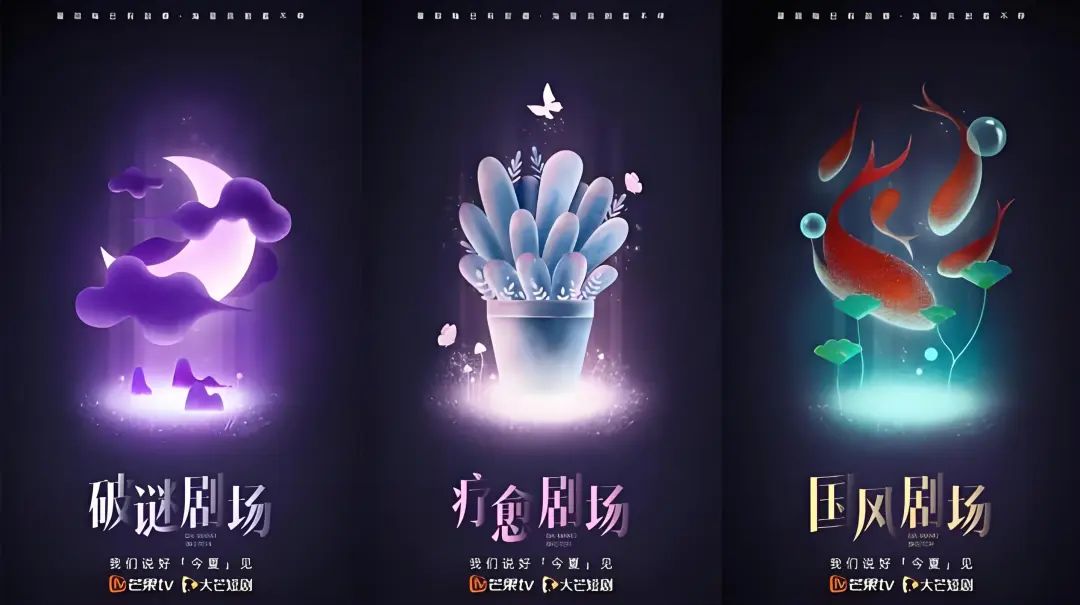
Over the past year, the average number of episodes in the TV drama industry has further decreased to below 30, with the declining number of episodes prompting iQiyi to recognize the huge appeal and business opportunities of micro-short films for users, understand the gap between long and short dramas, and realize the possibility of bridging that gap.
For example, micro-short films typically have episode durations of tens of seconds to around 15 minutes, with a trend towards scenarization and action, giving them the characteristics of clear themes, fast pacing, concentrated conflicts, and frequent reversals. iQiyi's "Short Film Theater" and "Micro Theater" focus on different content types and formats. The former targets male and female audiences and silver-haired demographics, featuring vertical screen content of 1-5 minutes in length. The latter plans to release a new work weekly, covering genres such as ancient romance, modern romance, suspense, etc., with each episode lasting 5-20 minutes and primarily featuring horizontal screen content.
Relying on its confidence in its production capabilities, iQiyi has covered all types of short film durations from the outset, demonstrating a significant ambition. Behind this ambition lies its desire for content expansion.

Reinventing and Promoting Premiumization
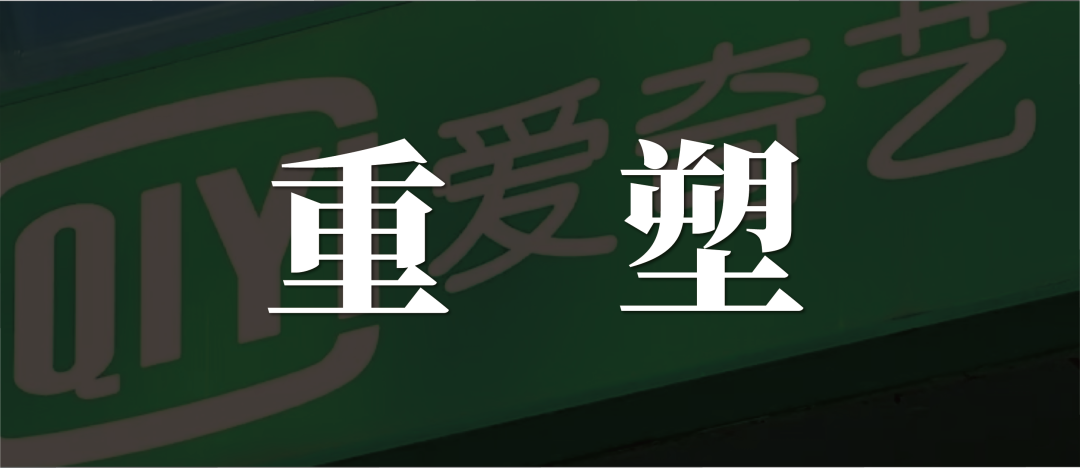
iQiyi aims not only to share the pie but also to disrupt the short film market.
In fact, short films have long been criticized for issues such as poor production quality, sensationalism, emphasis on marketing over content, and pricing chaos. iQiyi's entry into the short film market directly addresses these issues, clarifying that short films are not just low-cost, truncated versions of web dramas, and micro-dramas are not synonymous with low-quality micro-short films found on mini-programs. In other words, iQiyi's content standards will not be compromised by the change in format.
iQiyi does have the confidence to disrupt the short film business model. Industry insiders reveal that leading short film companies can only capture around 7% of the paid revenue from a short film, while non-leading companies can only capture 5-6%. With such a low revenue share, it is unsurprising that content creators struggle to sustain their operations. Last year, 80% of the total revenue in the short film industry was captured by Douyin, with another 10% going to WeChat mini-programs, leaving only 10% for investors and producers, who split the remaining revenue 70-30.
Clearly, with only around 7% of revenue under the burden of production costs, this model is neither healthy nor sustainable for content creators. By entering the market, iQiyi addresses this pain point, promising that its Micro Theater and Short Film Theater will not follow the existing practice of allocating 90% of revenue to traffic acquisition, as is common in the micro-short film industry. Instead, iQiyi plans to work with outstanding creative teams and allocate over 70% of revenue to producers.
This high revenue-sharing ratio indicates iQiyi's prediction for the future direction of the short film industry – premiumization. Industry insiders analyze that premiumization will be one of the most important trends in the local short film market in the second half of the year, with many peers already shooting premium content, and iQiyi itself is also planning premium short films, attempting to "challenge more cinematic operations."

However, a significant question faces supporters of the high-end route in short films: how to generate profits?
Currently, the dominant business models in the micro-short film market are free and pay-per-episode models. Both share a common characteristic: simplicity. The free model relies on platform subsidies, prioritizing traffic over content quality. The pay-per-episode model, on the other hand, raises prices based on popularity or anticipates demand.
Premium films generate revenue primarily through content, but determining what constitutes good content seems to revert to the dimension of traffic. In the absence of a professional evaluation system akin to that for long-form dramas or star actors to carry the show, attracting viewers remains the primary concern.
For iQiyi, convincing viewers to choose its platform is also a challenge. Its executives believe that "except for basic necessities like food, clothing, shelter, and transportation, most industries are non-essential. The foundation of non-essential industries is built on having money, leisure time, and a good mood, but we currently face the problems of having none of these."
Furthermore, even if iQiyi has the money, it remains questionable whether it can disrupt the existing landscape. Under the rule of "no traffic, no hit" in the short film market, short video platforms like Douyin and Kuaishou are already the first choice for short film debuts. It seems unlikely that these platforms, which hold both traffic and content, would willingly open their doors to iQiyi.

Catching Up Amidst Aesthetic Challenges
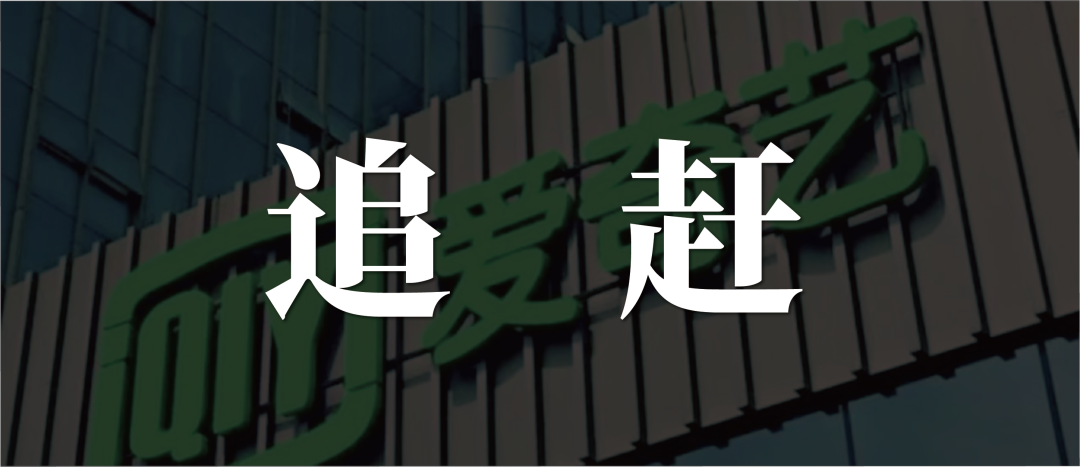
iQiyi's cautious entry into the short film market is also directly related to its own internal considerations. At the beginning of the year, Gong Yu bluntly stated, "The main reason is that the aesthetics of this business are very different from those of our current core film and television business in terms of taste, talent, and business ecosystem."
This difference is not unique to iQiyi; Tencent and Youku face similar challenges. However, the allure of the market renders these issues insignificant.
Data from Yunhe's "2023 Short Film Report" reveals that in 2023, Tencent Video released 218 short films, generating a cumulative effective play count of 4.6 billion. Youku released 159 short films, amassing 1 billion effective plays, while Mango TV debuted 42 short films, totaling 400 million effective plays. In contrast, iQiyi only released 16 short films, accumulating 500 million effective plays, lagging behind in its short film layout.
Another perspective further underscores iQiyi's late entry into the short film market. Among the top 10 box office earners for short films in 2023 (including ties), Tencent Video accounted for all 10 titles, while Youku and Mango TV captured 2 and 1 titles, respectively. As a leading content platform, iQiyi did not have a single title on the list.
In terms of content production capabilities and user base, long-form video platforms have a natural advantage in entering the short film market. However, it was not until competitors like Mango TV, Tencent Video, and Youku launched their respective short film brands ("Damang Short Films," "Ten-Minute Theater," and "Youku Mini Theater") that iQiyi convinced itself to temporarily set aside its ideal of content aesthetics and enter the race with a more humble attitude.
At the end of 2023, iQiyi launched a short film channel on its iQIYI APP and simultaneously announced that it would work closely with copyright holders and third-party MCN agencies to continuously provide users with high-quality short film content.
In reality, short films represent not only a gold mine but also a traffic pool for iQiyi. By integrating the content of its Micro Theater and Short Film Theater into its VIP membership model, iQiyi aims to leverage the appeal of both long and short films to drive traffic. VIP users who enjoy both long-form dramas, variety shows, anime, animations, documentaries, and short films will undoubtedly be drawn to iQiyi's platform, where the combination of long and short content promises higher user engagement and retention. The conversion and re-cultivation of traffic is a crucial aspect that iQiyi cannot afford to miss.
Therefore, at the Joyful Sharing Event, iQiyi also officially announced six new titles for its Mist Theater, including "Low IQ Crime," adapted from Zijinchen's novel of the same name; "Tree Shadow Maze," adapted from the "Search for the Murderer" series; as well as legal dramas such as "Flames in the Wind," "Justifiable Self-Defense," and "Bleaching," along with "Borrowed Life," directed by Lu Chuan and starring Qin Hao. These titles showcase a rich variety and prestigious brands, clearly illustrating iQiyi's strategy of integrating long and short content.
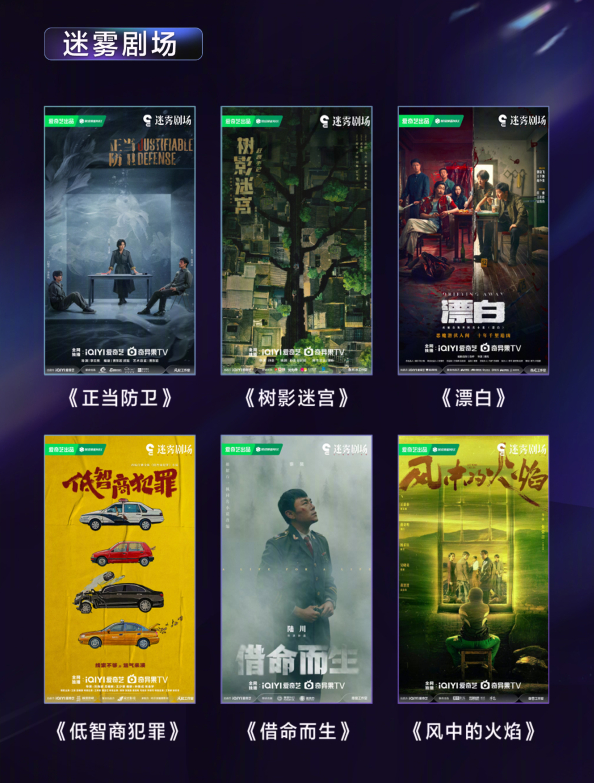
According to iQiyi, the Short Film Theater and Micro Theater cover genres such as ancient romance, modern romance, suspense, as well as female-oriented, male-oriented, and silver-haired content. Correspondingly, for long-form dramas, iQiyi already has the Mist Theater, Xiao Dou Theater, and Lianlian Theater, hinting at a future where iQiyi will further segment and integrate traffic between long and short dramas.
To bridge the gap between long and short forms, and to widen its moat, iQiyi has a long way to go, step by step.








